News
Reverse mortgages can help you save money!
Owning a home in this day and age can help you secure enough funds for the future if you need it. Reverse mortgages provide many advantages for the average American, but there are also some drawbacks. Learn all about it below!
Advertisement
If you need money for retirement, a reverse mortgage can be a useful tool.
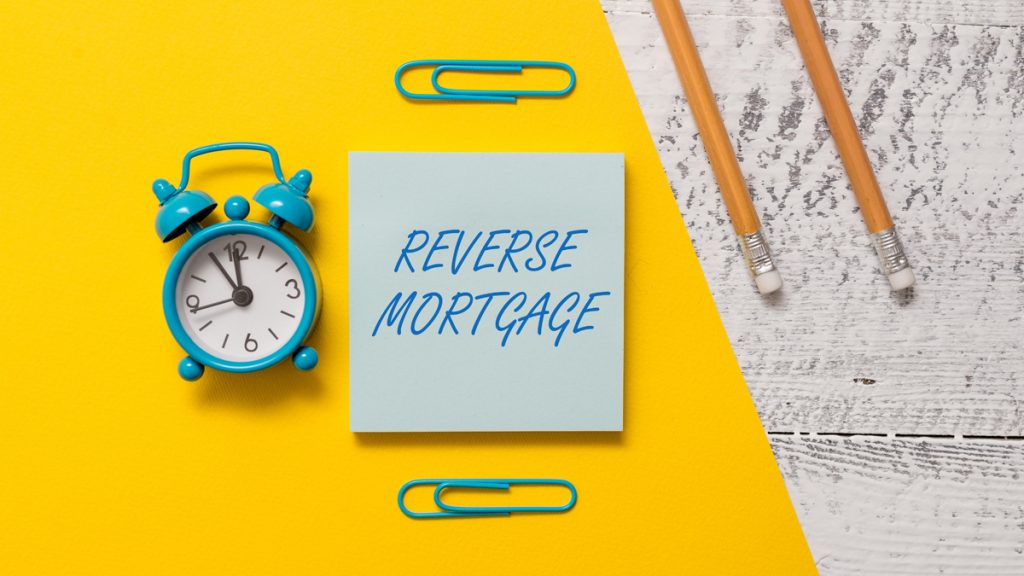
It’s no secret that the stock market is experiencing a high volatility period. But with the housing market still on the rise, reverse mortgages are becoming an incredibly attractive alternative for Americans who need to save for retirement and don’t want to leave their homes.
According to the U.S. Department of Housing and Urban Development, Home Equity Conversion Mortgage loans were up 26% in March. It had a slight drop of 3.8% last month, but it still remained above the average in the past couple of years, with over 6,000 loans in April.
The rule changes by the U.S. Department of Housing and Urban Development made in 2017 had a severe impact on the economics of reverse mortgages. The organ, which is responsible for the HECM program, raised the mortgage insurance on the loans from 0.5% to 2%. With that, the upfront price of reverse mortgages increased by $1,500 per $100,000. That said, reverse mortgages conditions are still favorable given the current stock market.
Wade Pfay, a principal and advisor with Tysons said that now is a great moment to consider a reverse mortgage. Not only has there been a huge raise in home prices, but interest rates are still low. When it comes to the financial planning profession, reverse mortgages have developed quite the following. Pfau himself recommends them as a useful alternative in retirement management.
Since home equity represents a big percentage of the average retired American’s means, using it as a source of capital when they’re in need of money is a sensible choice. Even if the costs for reverse mortgages are higher now than they’ve ever been. But like with everything else, there are pros and cons of using the method. Learn what they are below.
The advantages and disadvantages of reverse mortgages
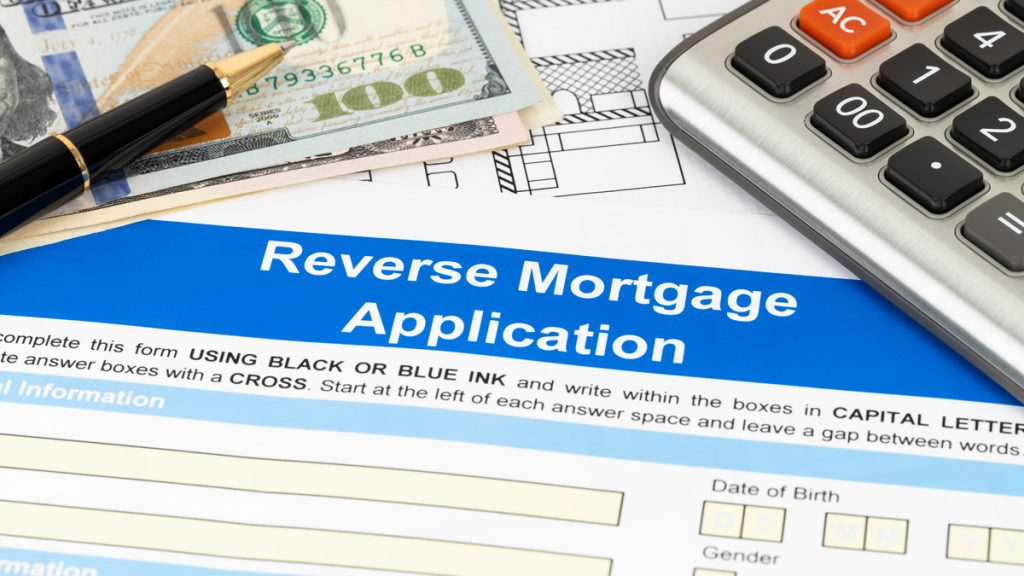
See below if reverse mortgages are right for you.
You will be redirected to another website
By submitting this form, I agree that I am 18+ years old and I agree to the Privacy Policy and Terms and Conditions. I also provide my signature giving express consent to receive marketing communications via automated emails, SMS or MMS text messages and other forms of communication regarding financial products such as credit card and loans. Message frequency varies and represents our good faith effort to reach you regarding your inquiry. Message and data rates may apply. Text HELP for help or text STOP to cancel. I understand that my consent to receive communications is not a condition of purchase and I may revoke my consent at any time.
Advantages of reverse mortgages
- Housing prices are currently very high while interest rates are still comparatively low. With that in mind, borrowers can get close to 60% of their house equity in a reverse mortgage on very good terms. The choices are attractive as well, with either monthly payments, a credit line with interest on withdrawals or a lump sum.
- Reverse mortgages are known for being a non-recourse loan. That means that as long as you’re able to pay your maintenance expenses and property taxes, you can continue living at the house for as long as you want. These terms don’t shift regardless of changes in interest rates or housing market conditions. The loan is only due if you leave the house or when you die.
- Having a reverse mortgage credit line can provide flexibility to the borrower. It allows better management of retirement benefits distributions and tax-free withdrawals on the credit line. That way, the borrower won’t have to worry about selling their papers and paying those taxes after experiencing that market volatility.
Disadvantages of reverse mortgages
- Qualifying for a reverse mortgage isn’t difficult at all, but they cost a lot more than the average equity and mortgage credit lines. The costs will be even higher if you don’t intend to stay in the house for much longer.
- Homeowners are legally required to pay any insurance and maintenance fees, as well as property taxes on the house. Failing to do so could lead the lender to seize the property.
- Using the funds of a reverse mortgage for risky investments or careless spending could set you up for bankruptcy. If a reverse mortgage is your last resort to acquiring funds, it’s important to review your lifestyle. The number one step before resorting to this kind of loan is to reduce spending and downsize your home.
If you need any help with managing your income, we’ve got you covered. Follow the link below for some useful tips on the matter!

How to manage your bills
Learn how to manage your money and the importance budgeting has in your daily life.
About the author / Aline Barbosa
Trending Topics

What are the most profitable businesses in 2023?
Want to know which are the most profitable businesses in 2023? Look no further! This post covers everything you need to know.
Keep Reading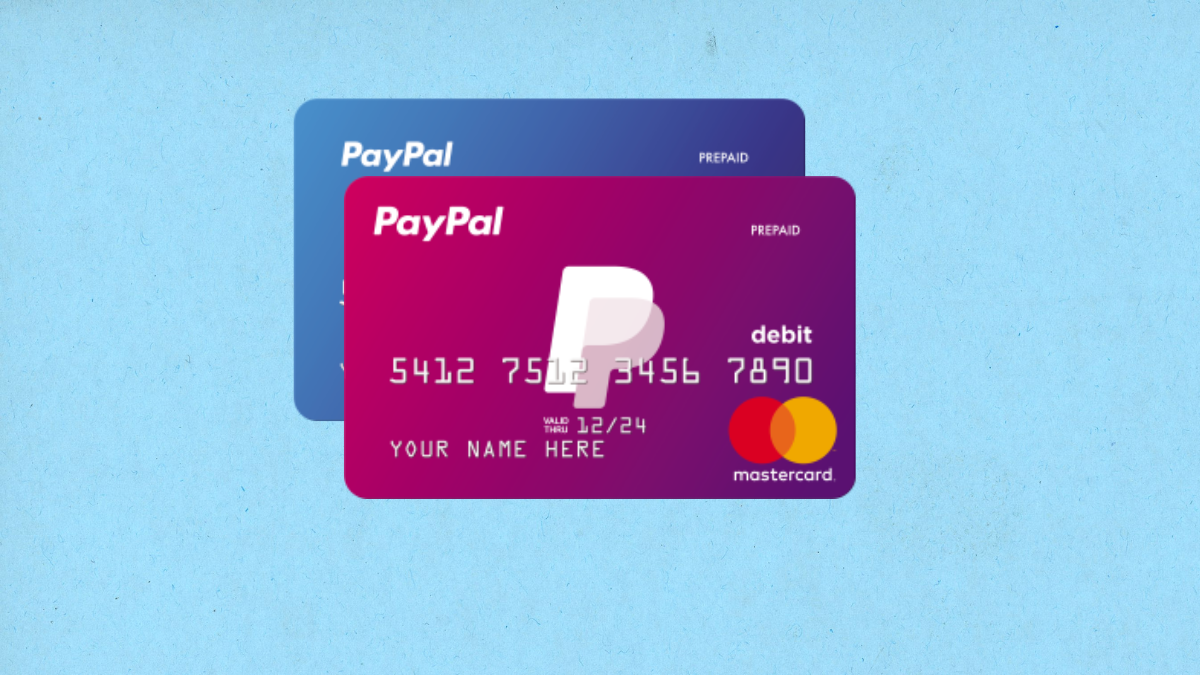
PayPal Prepaid Mastercard® Review: Beyond Spending!
Discover financial freedom with the PayPal Prepaid Mastercard® in this review. Shop, dine, and manage your money smarter!
Keep Reading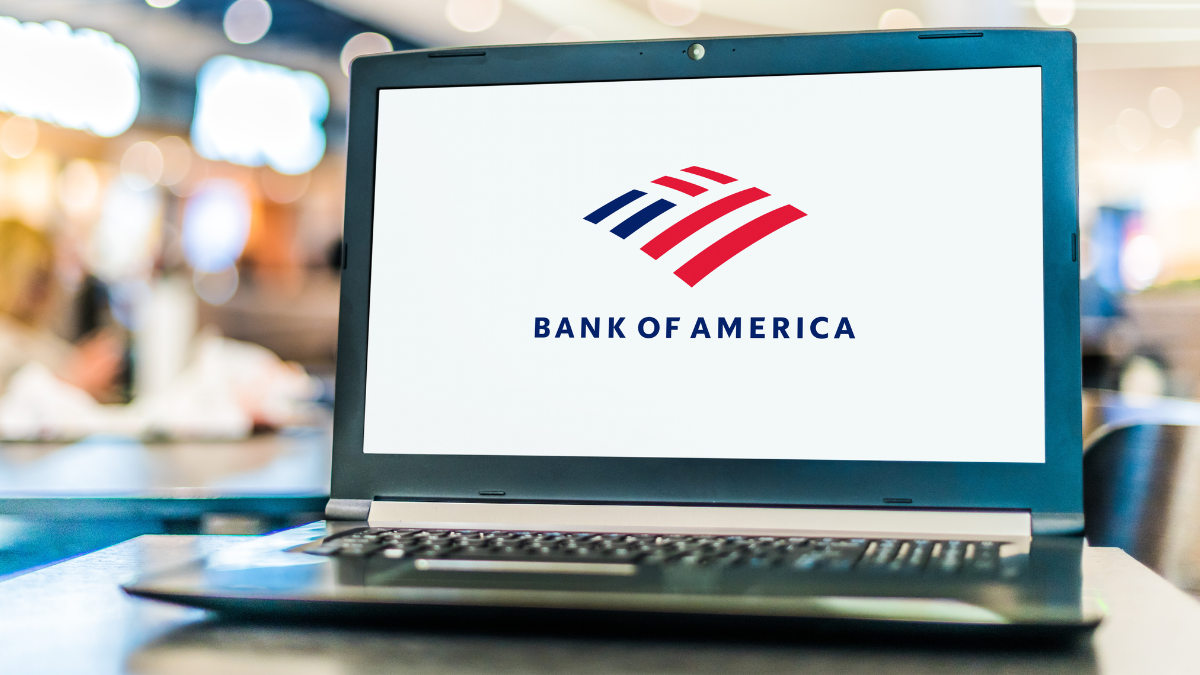
Bank of America review: is it trustworthy?
In this Bank of America review you will learn about this bank's flexible banking options, feature-rich mobile app, and more!
Keep ReadingYou may also like
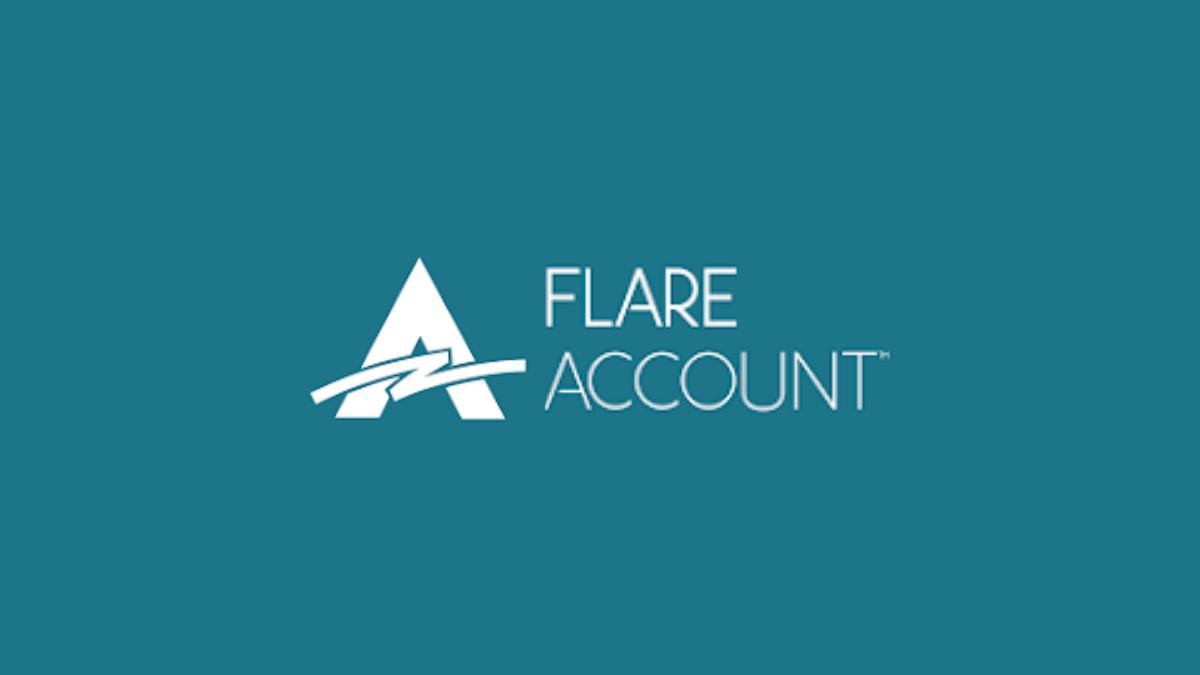
ACE Flare® Account review: Get a convenient debit card a high-yield savings option
In this ACE Flare® Account review you will learn about this account's convenient debit card and high-yield savings option.
Keep Reading
Mr Price Money: discover its benefits and open your account!
Get the best deals and the best payment conditions with Mr Price Money! Learn how to open your account and enjoy it!
Keep Reading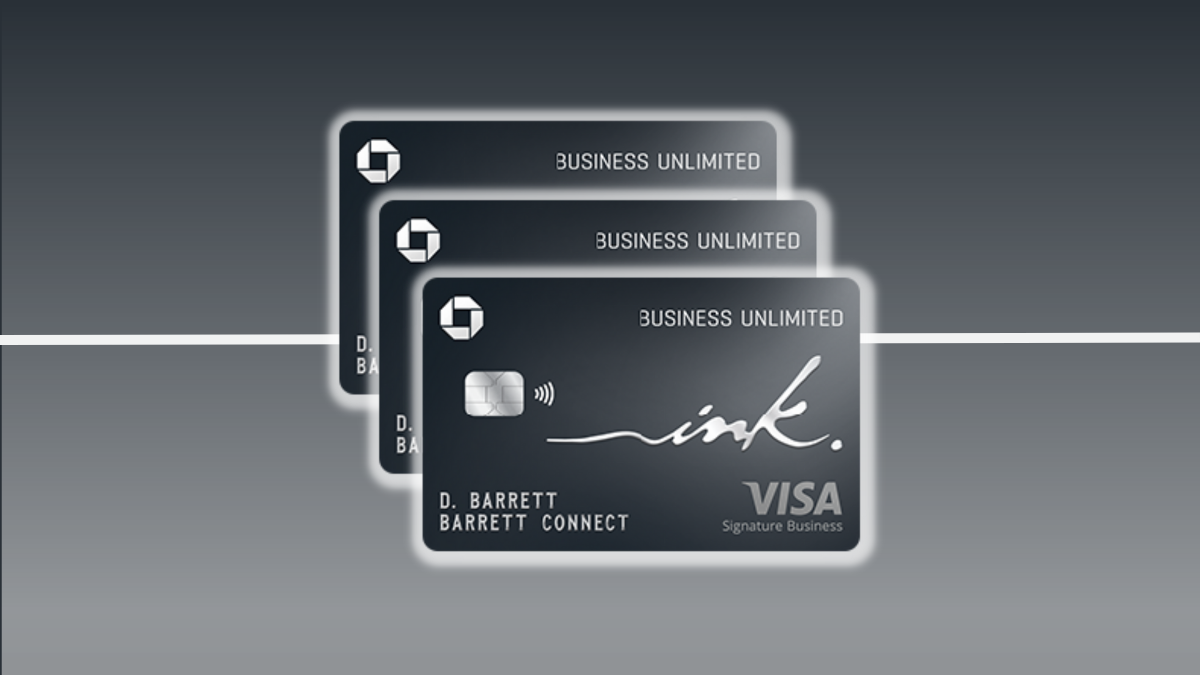
Ink Business Unlimited® Credit Card review
Looking to level up your business spending? Dive into our review of the Ink Business Unlimited® Credit Card and explore if it's right for you!
Keep Reading